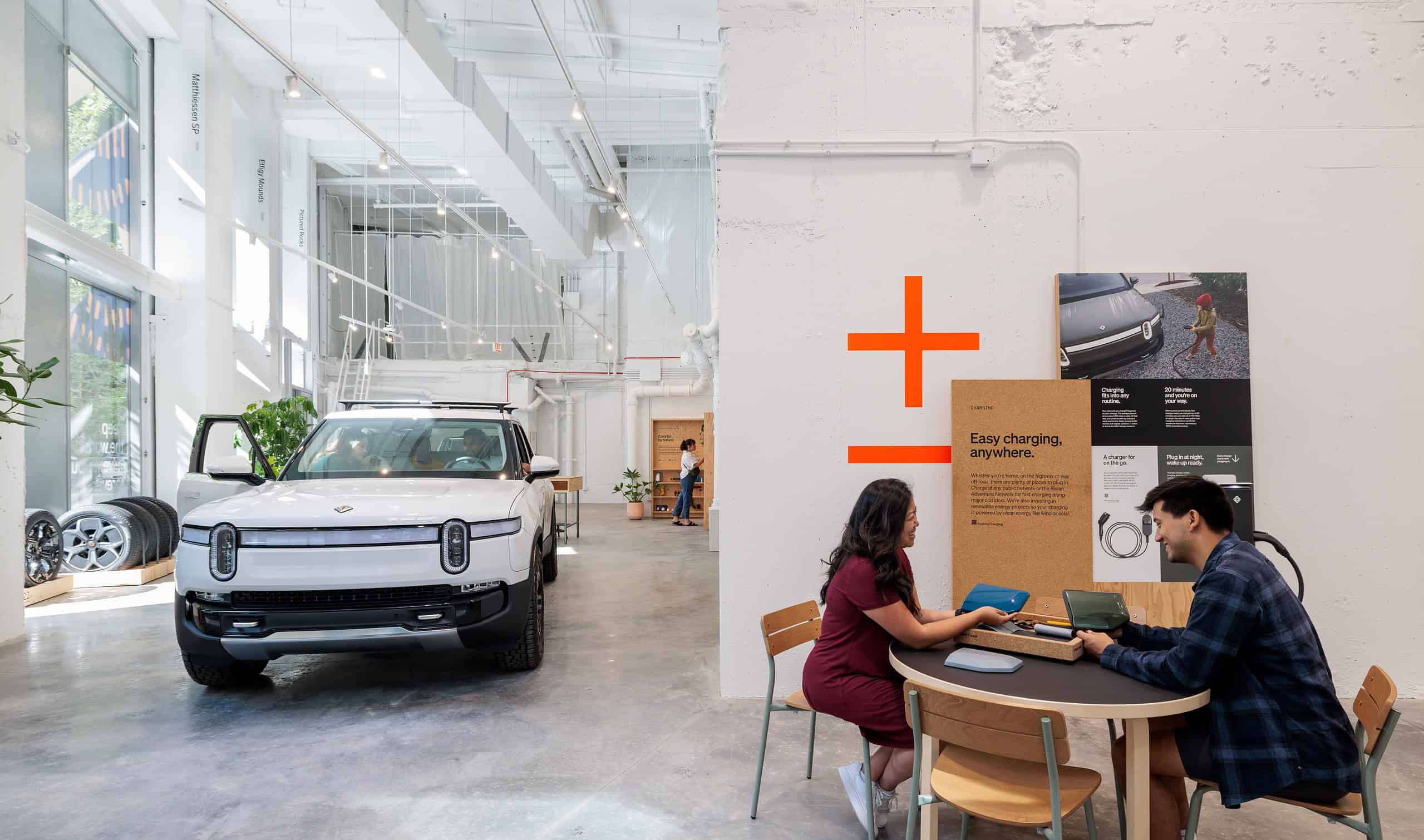South Carolina Lawmakers Push to Legalize Direct EV Sales

South Carolina lawmakers are considering a bill allowing electric vehicle companies to sell directly to consumers.
Scout Motors, a Volkswagen subsidiary, is building a $2 billion EV factory in the state. Despite receiving a $1.3 billion incentive package, current laws prevent the company from selling its vehicles directly to South Carolinians. Even the 4,000 workers expected at the plant would have to travel to another state to buy the cars they help build.
South Carolina has required all new car sales to go through franchised dealerships for decades. This rule conflicts with the direct-sales model used by Tesla, Rivian, Lucid, and now Scout Motors. Supporters argue that removing dealerships lowers costs, improves the buying process, and gives customers more choice.
Cody Thacker, Scout Motors’ vice president of growth, calls the law outdated. He says it limits competition and makes car buying more expensive and complicated than it needs to be.
To change this, lawmakers introduced the South Carolina Consumer Freedom Act. The bill would allow EV manufacturers without franchise agreements to sell directly to consumers. It has six co-sponsors and the support of Governor Henry McMaster, who says he will sign it if it reaches his desk.
The dealership lobby, representing over 280 dealers, opposes the bill. They argue that direct sales could reduce competition and eventually increase prices. They also worry it could threaten businesses that have invested millions into their dealerships.
The bill is still under debate in the House Labor, Commerce, and Industry Committee. If lawmakers don’t act, South Carolina could send a mixed message by spending billions to attract EV manufacturers while keeping laws that block them from selling their own cars.
Source: Drive Tesla
